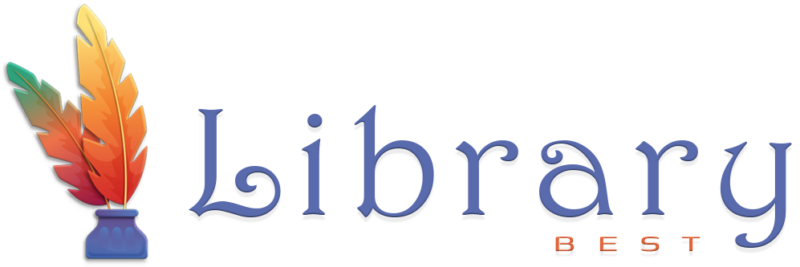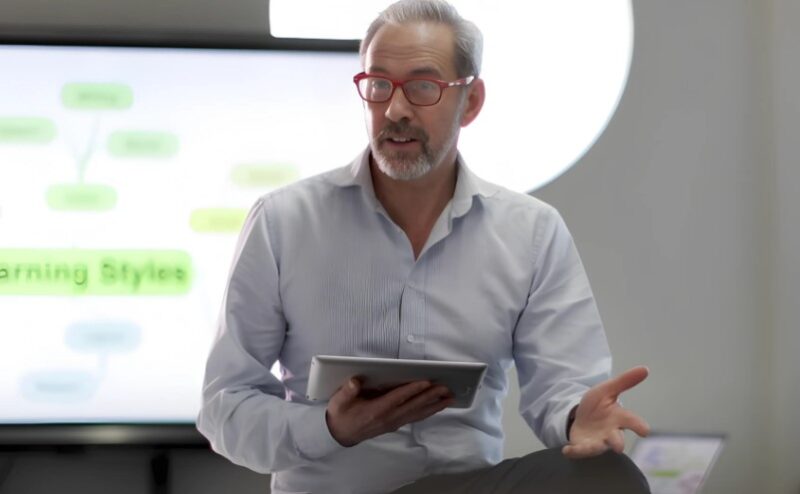Education no longer fits into a neat little box. Gone are the days when a diploma or degree stood as the single hallmark of learning.
The modern concept of academic and skill-based achievement often includes talents beyond classrooms, examinations, and lectures. There is a growing awareness that personal growth emerges through various avenues, each one adding new layers to the concept of learning.
Many cultures, backgrounds, and regions contribute to a shifting global landscape, one that embraces a broader view of knowledge attainment.
Аll of this may leave one wondering – what does level of education actually mean nowadays? We’re about to dig deeper into it, so let’s get started.
Key Highlights
- Education now goes beyond formal schooling, valuing skills from diverse sources like workshops, online learning, and life experiences.
- Global disparities in education access and resources hinder progress, emphasizing the need for equitable solutions.
- Continuous learning is essential in an ever-changing world, with an emphasis on adaptability, creativity, and practical skills.
- Modern education should nurture empathy, critical thinking, and diverse talents, moving away from rigid, test-based systems.
Redefining the Traditional View of Education
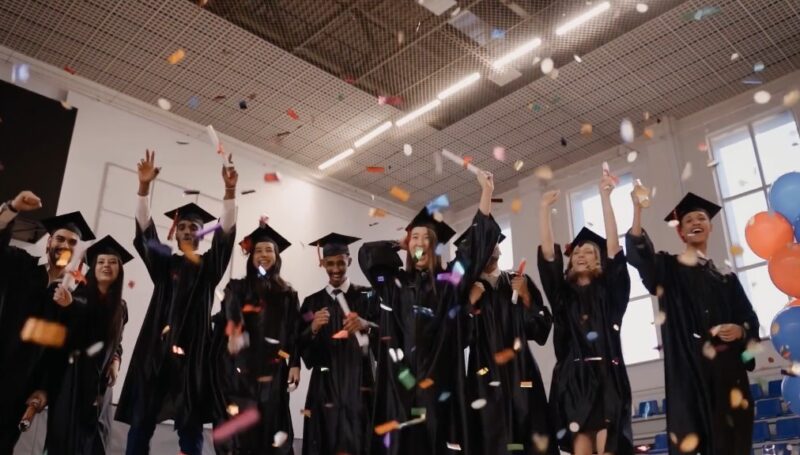
For a long time, academic achievement could be measured by counting certificates, grading final exams, and holding fancy titles. Those markers certainly played a key role for prior generations.
Yet the contemporary landscape encourages a more flexible approach. A person’s capacity might stem from informal workshops, practical internships, online training, experiential learning in the field, or even daily life experiences.
A well-rounded individual may have gleaned lessons from multiple sources rather than relying only on a framed document. Some might say the world has grown to appreciate versatile, resourceful, and open-minded learners who know how to adapt.
Formal schooling still matters, of course, but it no longer dominates every definition. Alongside degrees, there are coding boot camps, trade school qualifications, creative retreats, cultural exchanges, professional mentorships, and more.
Global Disparities and the Burden of Inequality
Huge gaps still exist around the planet. While some regions enjoy well-resourced institutions, robust support structures, and cutting-edge technologies, other areas struggle to maintain basic classroom facilities.
Some experts have pointed to a staggering reality: regions trailing behind in educational opportunity could be roughly a century behind more prosperous nations in terms of average years of schooling and academic achievement levels.
For example, adults in wealthy nations often have about 12 years of schooling under their belts, while those in poorer regions average around 6.5 years. The implications go beyond statistics.
Think about families yearning for a brighter future. Consider young people hoping to build skills, only to find economic hardship limiting their options. Without addressing this global chasm, humanity risks leaving countless brilliant minds underdeveloped.
Effects of Educationism on Social Mobility
Human beings hold biases, sometimes without even noticing them. Educationism, a subtle bias favoring individuals who hold higher academic credentials, carries profound consequences.
Many people find themselves judged based on perceived academic levels. Employers, peers, and even strangers might award respect more freely to someone boasting a fancy degree. Meanwhile, those who struggled to access higher education might battle unfair assumptions.
This hidden prejudice can restrict the upward mobility of gifted folks who never had a shot at elite institutions. It can also limit the open-mindedness of societies that claim to value merit.
Ironically, valuing academic titles too highly might cause missed opportunities to engage with those who learned their craft from hard experience, practical work, and self-directed study.
Evolving Goals
Education once served clear functions: producing good citizens, building skilled workforces, and guarding cultural heritage. Times have changed, and fresh objectives are stepping into the spotlight.
Cultivating creativity, encouraging innovation, nurturing empathy, and reinforcing adaptability form part of modern goals. Society wants individuals ready to tackle emerging challenges, not just pass standardized tests.
A professional world calling for problem-solvers and imaginative thinkers cannot rely solely on memorization. Instead, holistic educational experiences that spark curiosity and celebrate unique talents can help shape balanced personalities and adaptable professionals.
Preparing learners to thrive in a rapidly shifting environment calls for more flexible approaches. Lessons can come from unexpected places and people, pushing education to move beyond old boundaries.
The Digital Revolution & New Forms of Learning
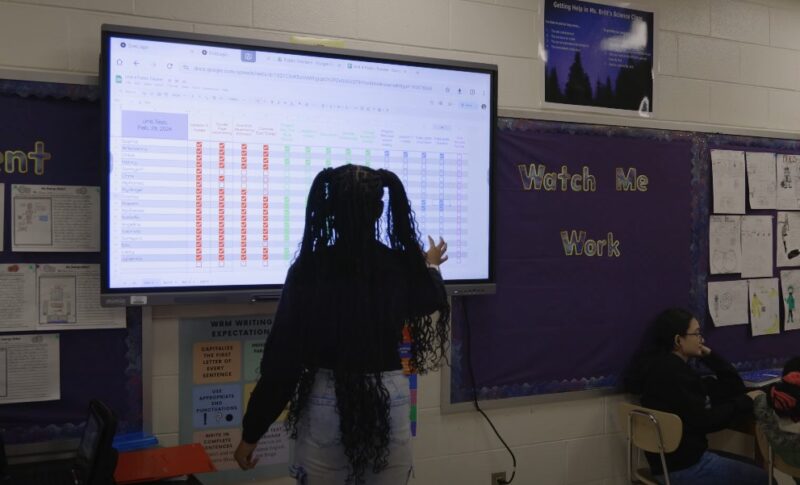
Digital devices, online courses, and interactive platforms have upended old teaching methods. No longer confined to classrooms, learners can tap into vast resources through a simple internet connection.
Gamified lessons, multimedia presentations, virtual seminars, and digital libraries grant unprecedented access to information. This shift, however, also creates a new responsibility: ensuring equal access to technology.
Imagine the impact of granting every student a tablet loaded with educational materials. Suddenly, rural classrooms could expand their reach, connecting children to experts worldwide.
Yet, many communities lack reliable internet, modern hardware, and trained teachers who know how to integrate digital tools effectively. The digital revolution promises much but only delivers if fairness and support remain priorities.
Influence of Global Rankings on Educational Systems
International assessments such as PISA often create a buzz around global education rankings. Policymakers, media outlets, and the public pay attention to how various systems stack up against each other.
Those ratings influence decisions on funding, curriculum overhauls, and teaching methods. Yet, caution seems wise. Scoring well on global tests may not always reflect genuine, holistic learning.
Focusing too heavily on standardized measurements can overshadow other worthwhile pursuits like arts, social skills, and moral growth.
A balanced approach respects data-driven insights while leaving room for imagination and personal development. Rankings can guide improvement efforts, but wisdom lies in not allowing numbers to overshadow what it truly means to learn.
Embracing Lifelong Learning
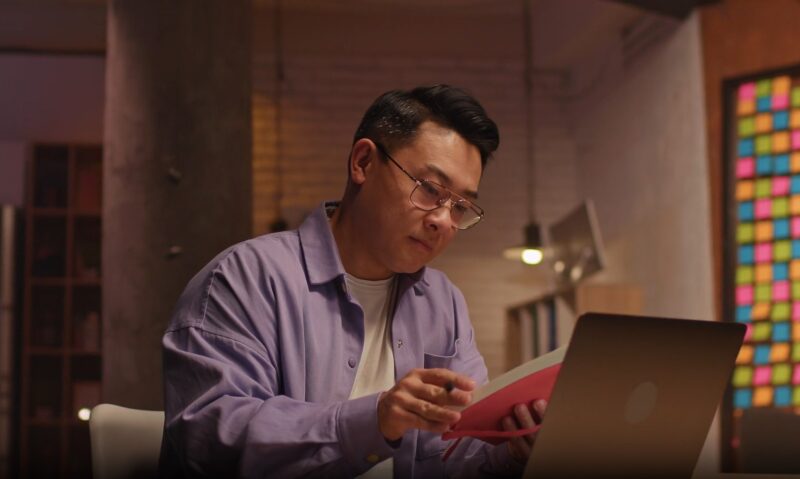
A modern career often demands continuous adaptation. Ever-changing industries can render old skills obsolete. Lifelong learning, once a nice idea, now feels essential.
Stepping beyond the confines of mandatory schooling, many seek ongoing education to remain relevant and resilient. Professional courses, workshops, mentoring sessions, and online tutorials nourish minds long after traditional schooling ends.
Consider a mid-career professional facing a shift in industry dynamics. That person might enroll in weekend classes, mastering new software tools or learning a foreign language.
Or think about an older adult deciding to learn coding as a hobby, forging friendships online with younger peers who share that interest.
Building Education Systems That Reflect Reality
How might institutions shift gears toward a more holistic model? One way involves incorporating practical skills from the outset.
Another approach involves exposing learners to diverse viewpoints, encouraging critical thinking, and promoting empathy through community projects.
The world needs leaders who can appreciate various cultures, adapt to changes, and explore fresh solutions to old problems.
- Project-based learning: Let young minds create real-world solutions instead of memorizing facts.
- Mentorship programs: Connect learners with industry professionals, artists, scientists, and entrepreneurs.
- Global collaborations: Partner with organizations around the world, sharing knowledge and best practices.
- Support networks: Provide resources for emotional well-being, self-care, and resilience.
- Open-ended assessments: Move beyond right-or-wrong tests. Consider portfolios, group projects, and presentations that honor creativity.
Recognizing Multiple Paths to Knowledge
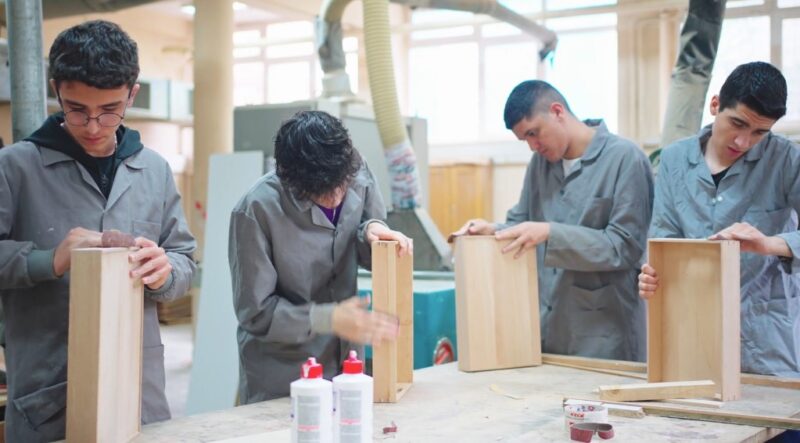
Each person carries distinct learning styles, motivations, and backgrounds. Some excel at logical thinking, others thrive in hands-on projects. Certain individuals learn best through storytelling, while others prefer visual aids.
A flexible education model respects that diversity. Instead of forcing everyone into the same mold, progressive systems celebrate differences. That approach can awaken hidden talents and boost confidence.
There is no shame in having gained knowledge outside traditional schools. For many, apprenticeships, volunteer work, or self-taught mastery of a craft can equal or surpass formal education.
People accomplish extraordinary things after forging their own paths. Intellectual curiosity can flourish anywhere. Real growth may come from a combination of personal initiative, supportive communities, and a willingness to learn from each other.
Short-Term Results vs. Long-Term Growth
Some systems chase immediate results: test scores, graduation rates, prestigious university admissions. While such indicators matter, long-term growth should not fall by the wayside.
The modern world demands creative, empathetic, and forward-thinking minds. Those qualities emerge from nurturing curiosity, encouraging constructive dialogue, and embracing continuous evolution.
Learners also gain from exposure to a broad range of subjects. Beyond math and literacy, subjects like arts, music, philosophy, environmental science, and cultural studies add richness to a person’s life.
Adapting to a Changing World
A reconsideration of what counts as “educated” seems long overdue. Valuing multiple sources of learning and acknowledging that growth never really ends can create more inclusive, dynamic communities.
Setting aside old, narrow definitions paves the way for a future where learners flourish through many roads—sometimes paved, sometimes rough, and always evolving.
Real educational progress does not limit itself to one path. It springs from curiosity, adaptability, empathy, and a willingness to embrace a broader view of human potential.
